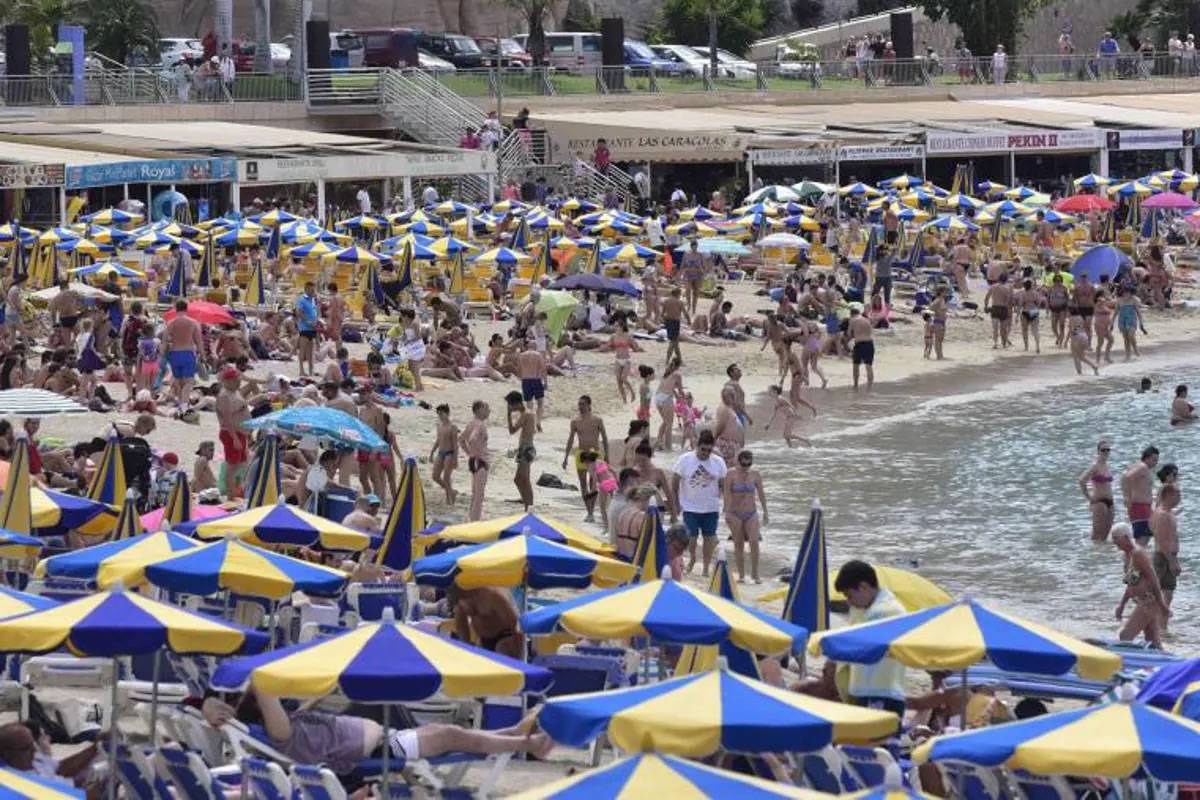Tourist municipalities look for answers to implementing a tourist tax
- 19-06-2024
- National
- Canarian Weekly
- Photo Credit: Stock Image
The 13 municipalities forming the Association of Tourist Municipalities of the Canary Islands, held a meeting on Monday to discuss, among other issues, the possibility of imposing a visitor tax. This proposal, similar to the one recently announced by Onalia Bueno, Mayor of Mogán in Gran Canaria, has sparked debate among the municipalities.
José Miguel Rodríguez Fraga, the association's president and Mayor of Adeje in the south of Tenerife, acknowledged that there is no unified stance on the issue. "We all have different perspectives on the matter," he said.
The meeting, held at the Museo Élder in Las Palmas, included representatives from the other 11 tourism municipalities: Antigua, Arona, Guía de Isora, La Oliva, Pájara, Puerto de la Cruz, San Bartolomé de Tirajana, Santiago del Teide, Teguise, Tías, and Yaiza. Rodríguez advocated for a designated tax that benefits the tourism sector directly if such a tax is implemented.
Before the meeting, Fraga expressed the need for careful consideration. "In this monitoring committee, we want to address this topic. Given the municipalities' capabilities, we need to determine whether it's the right time to implement this," he said. He emphasised that any tax should be used to enhance the quality and competitiveness of services offered to tourists in the destination.
Fraga remained cautious, warning against hasty decisions. "It's risky for all of us to rush into implementing every new idea that comes up," he said. "We need to work with a long-term vision and more depth."
Currently, Mogán is the only municipality committed to approving a tourist tax. Bueno, serving as the association's vice president, indicated that Mogán is looking at examples from other destinations in Europe, particularly in Portugal and Italy, to tailor the tax to their needs.
Bueno highlighted that all the funds collected from January 2025 onward will be invested back into maintaining and improving tourist areas. "If investors are renewing their properties, the public administration must parallel those efforts," she said.
Both Bueno and Fraga agree that the tax should have a specific purpose. Bueno added that they are still determining the appropriate tax amounts, noting significant variations across European cities.

Vacation Rental Regulation:
Another pressing issue is the regulation of holiday rental properties. Bueno mentioned that the Canary Islands government might be making superficial changes to the draft bill without addressing deeper concerns. "I hope things change after these declarations, especially regarding municipal jurisdiction over compensation rights and inspections," she said.
She stressed the need for tailored regulations, considering the diverse needs of different islands. "We must regulate and control holiday rentals, set limits, but not apply a ‘one-size-fits-all’ approach. Fuerteventura is not the same as La Palma, La Gomera as El Hierro, or Tenerife as Gran Canaria," she said.
Responsibility and Workload:
Fraga pointed out that even within individual islands, different areas have different needs. "For instance, tourist apartments in inland areas of Gran Canaria are empty off-season, while those in the south are always full. We must also protect small investors," he continued.
The association's president indicated that they are reviewing the draft and addressing concerns, particularly regarding the additional responsibilities placed on municipal governments. "There are aspects that concern us as municipalities because they pass on a burden and responsibility that we need to analyse carefully. It's not easy to manage," he concluded.
Other articles that may interest you...
Trending
Most Read Articles
Featured Videos
TributoFest: Michael Buble promo 14.02.2026
- 30-01-2026
TEAs 2025 Highlights
- 17-11-2025



























































